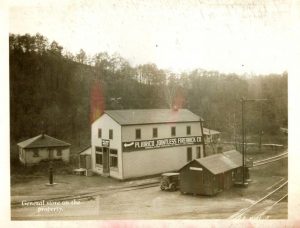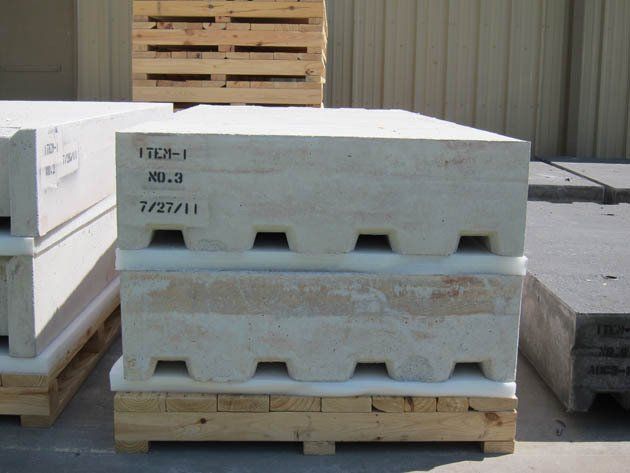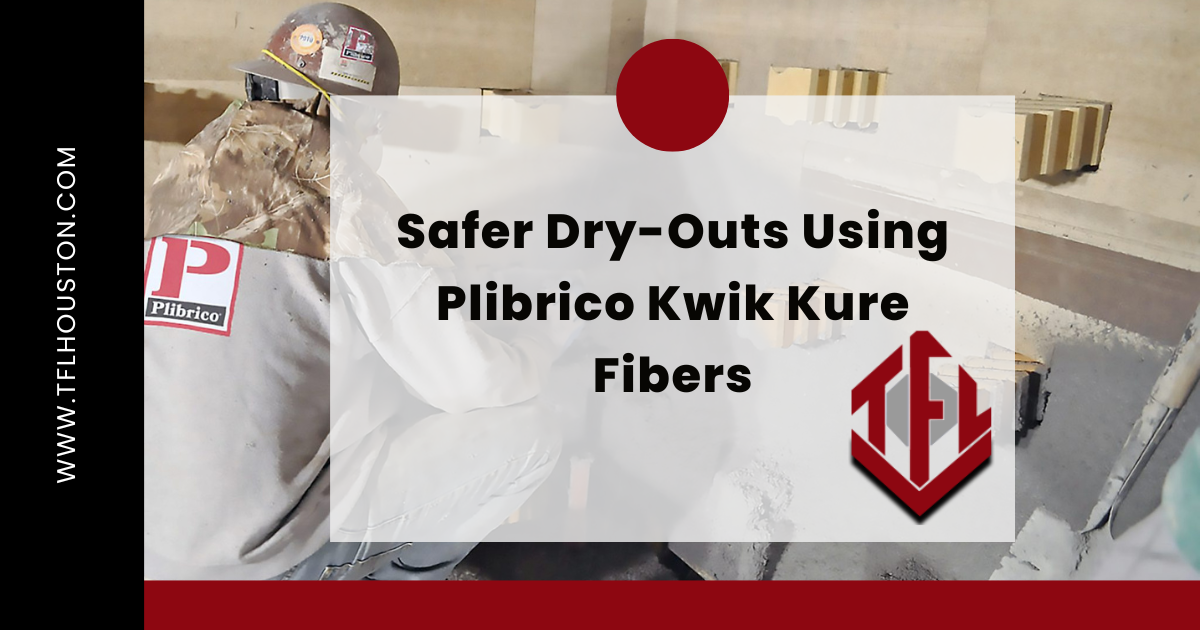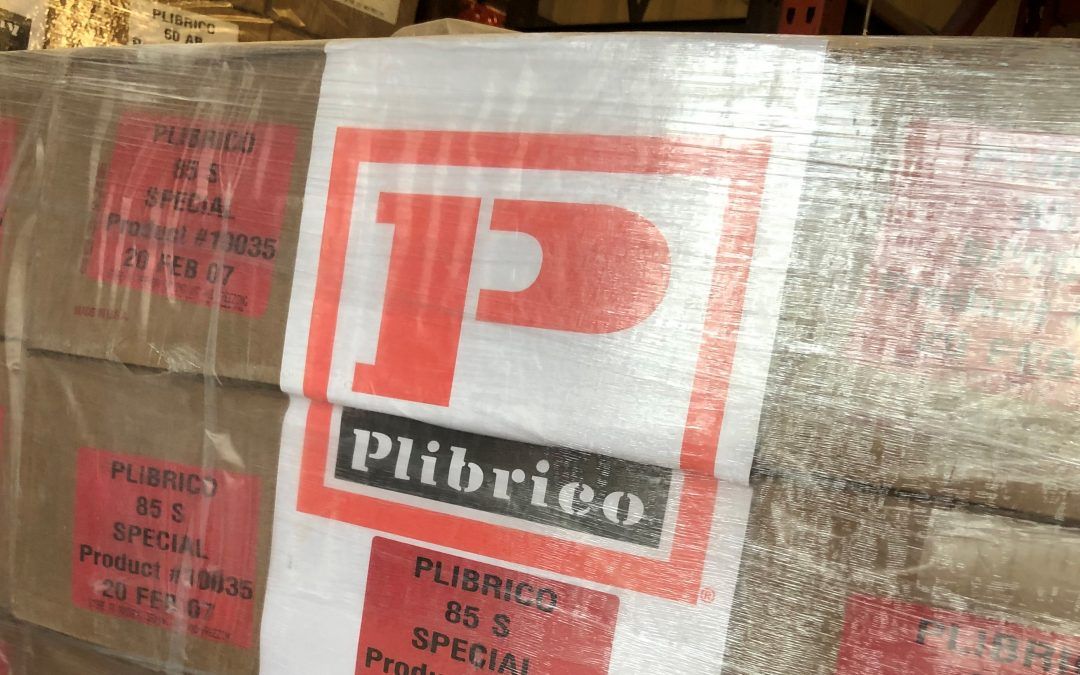Refractory Misconceptions That Could Cost You
Not every plant manager or industrial engineer is a refractory expert, nor do they need to be. However, without an expert on your team, it’s easy for mistakes to be made. If your industrial facility uses or needs to install refractories, there are certain misconceptions you’ll need to be aware of to avoid disaster.
There is no one-size-fits-all solution when it comes to refractories.
Click To Tweet
Refractory Misconceptions
Refractory installation , repair, and maintenance require special considerations and customized strategies for every unique situation. Here are some common refractory misconceptions that could cost you:
Manufacturing is Identical
Refractory products aren’t universal. One manufacturer’s precast refractory might have a slightly different chemical makeup than another’s. This means that it’s crucial to have a refractory engineer with plenty of experience to help you select the correct refractory materials for the job.
Any Water Will Work
In many construction applications, the quality of the water you use to mix materials doesn’t matter much. However, when mixing castable refractories, dirty water can adversely affect your outcome. Water that might contain bits of debris should not be used in refractory installation.
The Inside is the Only Concern
The heat and chemical reactions that occur inside industrial furnaces, boilers, kilns, gasifiers, and incinerators certainly affects refractory materials, but so does the weather outside. Mixing, installing and storing castables in cold temperatures requires additional precautions.
Risks Associated With Refractory Failure
Refractories protect industrial workers from serious heat-related injuries. A refractory failure can make your facility vulnerable to rising temperatures, which could spell big trouble for your workers. In addition, mistakes made during the installation of your refractory can lead to incredibly expensive periods of downtime for repairs.
Get an Expert on Your Team
Given their importance to industrial processes, you might think that everyone knows about refractories. However, their complexity means that only an experienced refractory team will be able to help you select and install the right materials for your specific application.
Contact Us to learn more about refractory options to suit your needs.
The post Refractory Misconceptions That Could Cost You appeared first on Refractory Materials, Precast Shapes, and Custom Solutions.
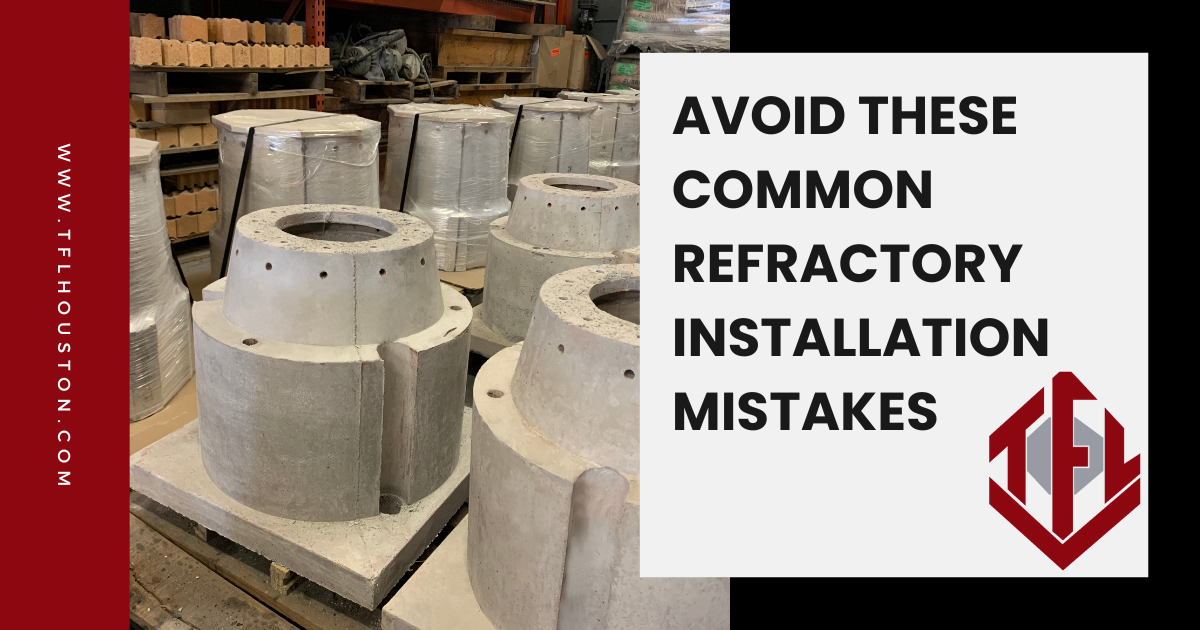
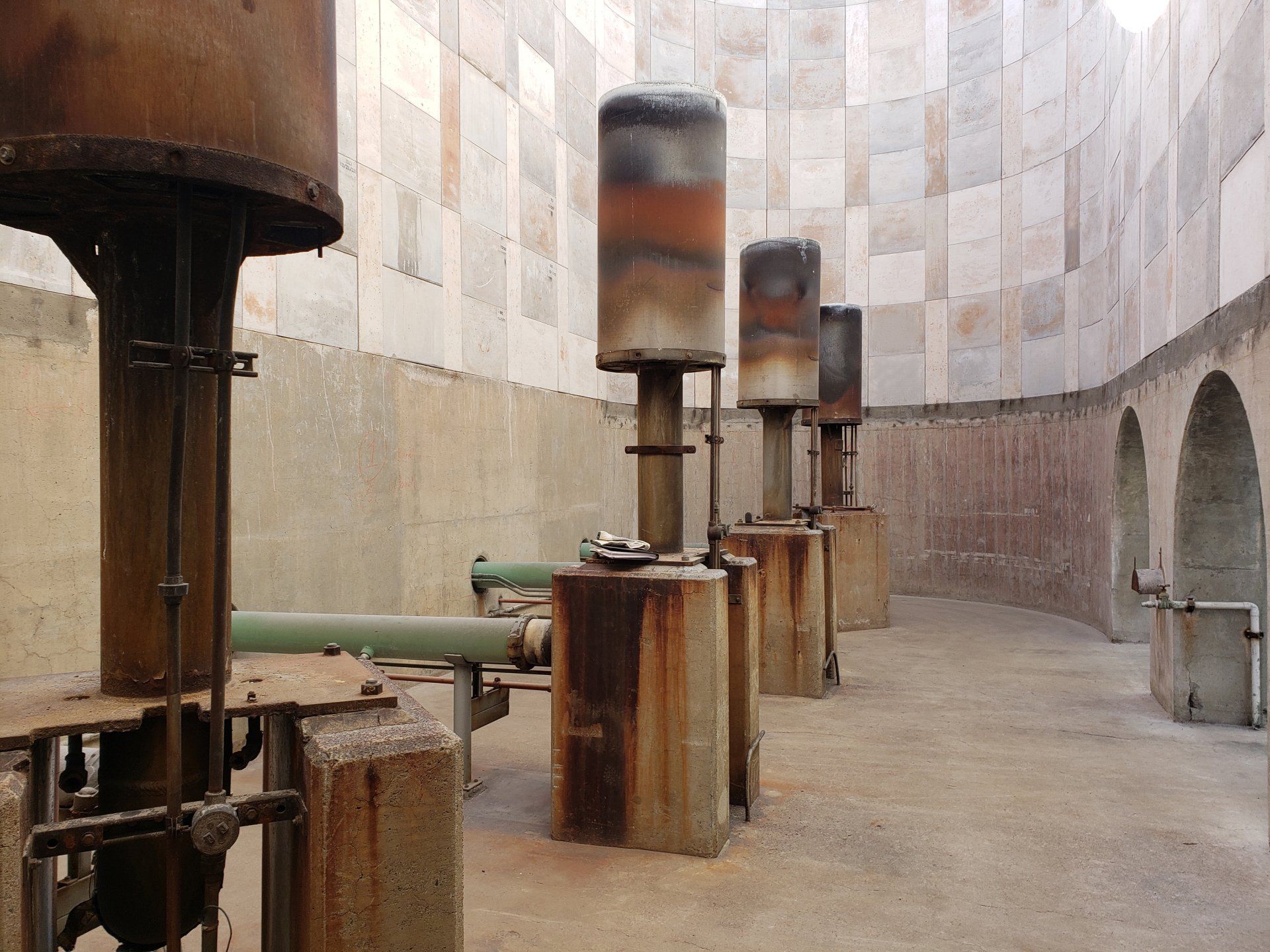
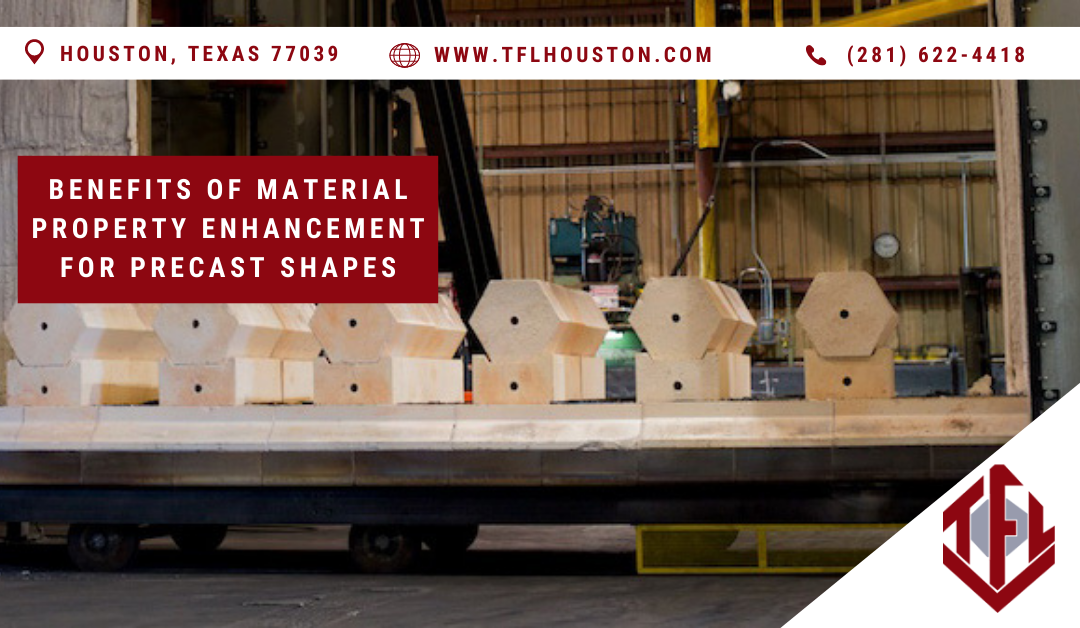
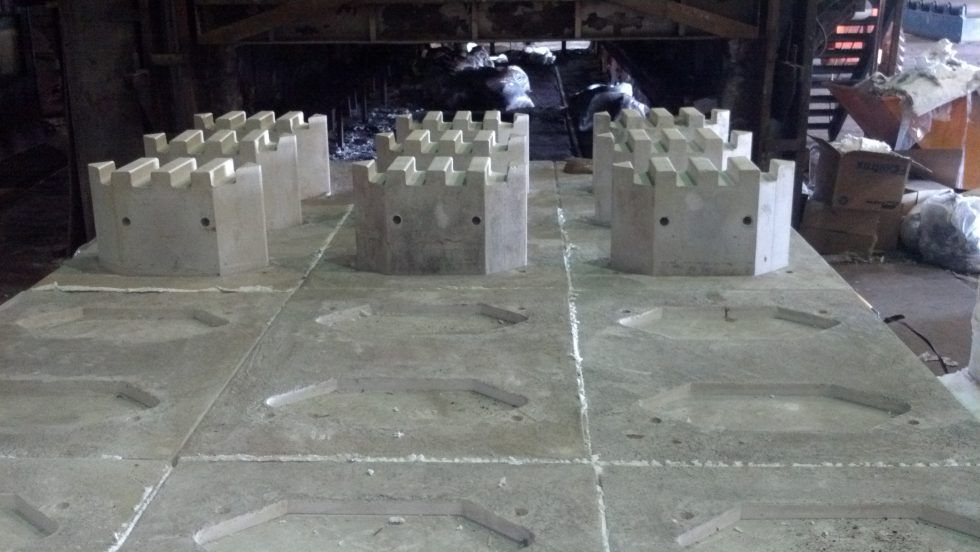
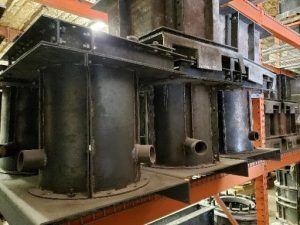
TFL Uses Custom Molding Techniques to Make Precast Refractory Shapes With Extremely Tight Tolerances
